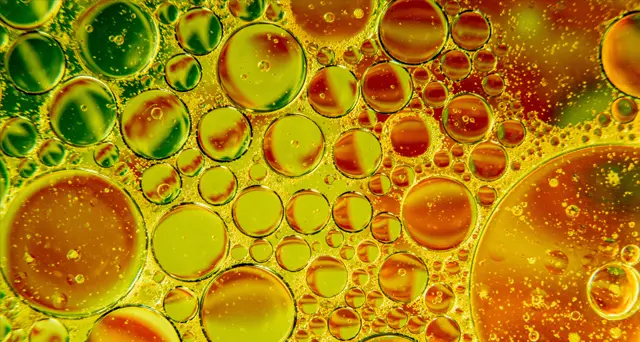Biodiesel Technical Standard
- Home
- Commmodities
- Biodiesel Technical Standard

EN 14214
The common international standard for biodiesel is EN 14214.
There are additional national specifications. ASTM D 6751 is the most common standard referenced in the United States and Canada. In Germany, the requirements for biodiesel is fixed in the DIN EN 14214 standard and in the UK the requirements for biodiesel is fixed in the BS EN 14214 standard, although these last two standards are essentially the same as EN 14214 and are just prefixed with the respective national standards institution codes.
There are standards for three different varieties of biodiesel, which are made of different oils:- RME (rapeseed methyl ester, according to DIN E 51606)
- PME (vegetable methyl ester, purely vegetable products, according to DIN E 51606)
- FME (fat methyl ester, vegetable and animal products, according to DIN V 51606)
The standards ensure that the following important factors in the fuel production process are satisfied:
- Complete reaction.
- Removal of glycerin.
- Removal of catalyst.
- Removal of alcohol.
- Absence of free fatty acids.
- Low sulfur content.
Basic industrial tests to determine whether the products conform to the standards typically include gas chromatography, a test that verifies only the more important of the variables above. More complete tests are more expensive. Fuel meeting the quality standards is very non-toxic, with a toxicity rating (LD50) of greater than 50 mL/kg.
